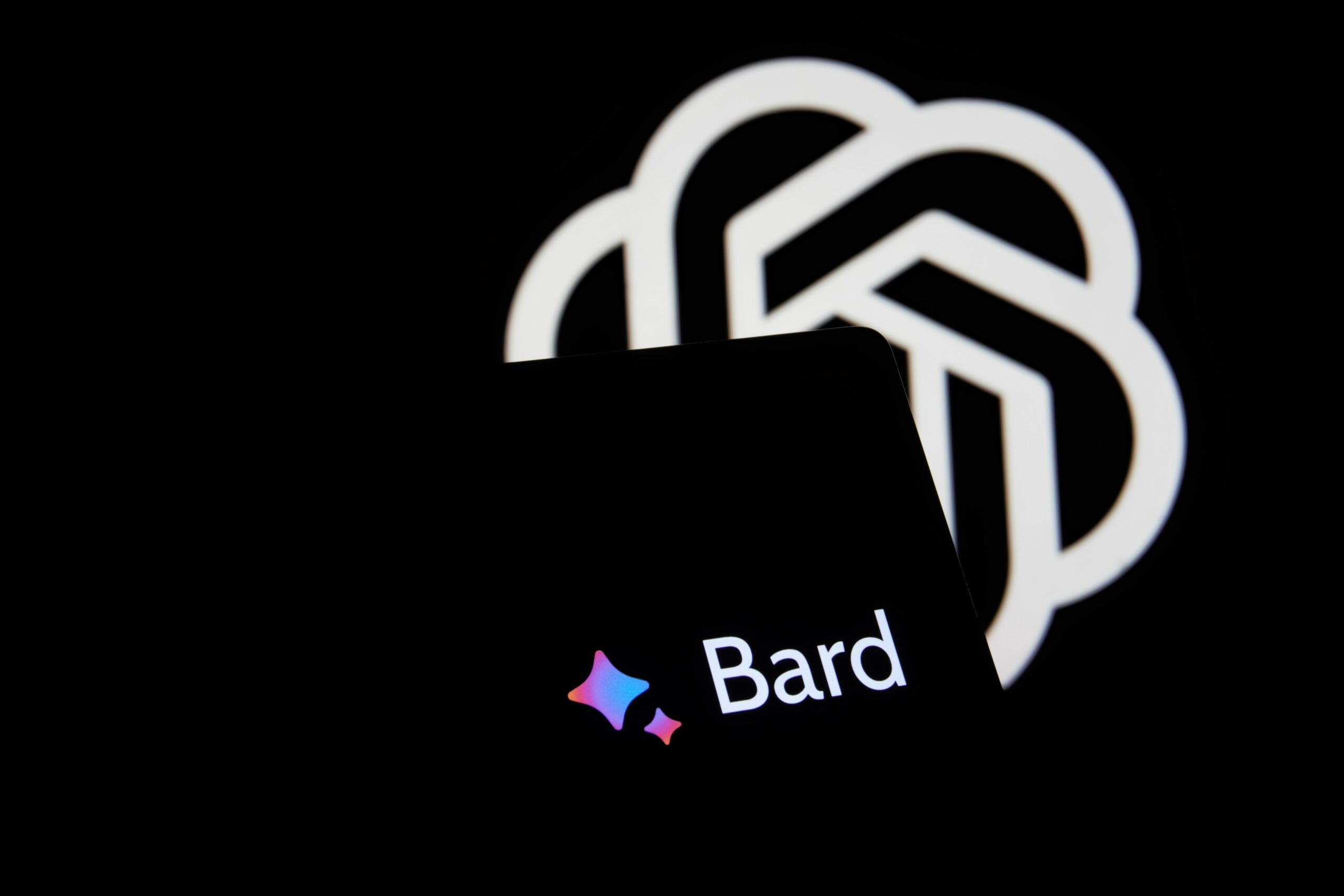Google’s parent firm, Alphabet, is warning staff against using chatbots, including its own Bard, because of worries about protecting sensitive data. Citing a long-standing data protection policy, the business has warned staff against entering private information into AI chatbots.
Chatbots like Bard and ChatGPT employ generative artificial intelligence to have conversations that mimic human interaction and respond to user requests.
As part of the training process, human reviewers may read these interactions. Researchers have found that the AI models incorporated into these chatbots are capable of recreating the data ingested during training, potentially creating a leak risk.
Additionally, Alphabet has instructed its developers to refrain from employing chatbot-generated computer code directly. Bard can provide coding recommendations, but the business understands the need for prudence and openness on the limitations of its technology.
As Google competes with ChatGPT, a service backed by OpenAI and Microsoft, this careful strategy aims to minimize any possible harm to Google’s company.
Similar security measures have been taken by other businesses, including Samsung, Amazon, and Deutsche Bank, demonstrating the rising bar for corporate security.
Concerns are raised by the potential for incorrect information, private information, or even copyrighted material to be shared in chatbot discussions.
Some firms have created software solutions to solve these issues. For instance, Cloudflare provides the option to tag and limit data transfer outside, protecting sensitive data.
Even though they are more expensive, Google and Microsoft also provide conversational tools for commercial clients that do not include their data in open-source AI models. Though users have the choice to remove it, Bard and ChatGPT by default preserve users’ chat histories.
Yusuf Mehdi, chief marketing officer for Microsoft’s consumer division, said “It makes sense for businesses to avoid utilizing chatbots available to the general public for business reasons. Compared to its free Bing chatbot, Microsoft sets tougher rules for its commercial software. Another executive admitted personal limitations on using such programs, notwithstanding Microsoft’s silence on the topic of a general ban on proprietary information in publicly accessible AI programs”.
The safety measures implemented by Alphabet and other businesses emphasize the necessity to guarantee the protection of private data while using AI chatbots. Businesses may reduce risks and ensure data confidentiality by putting rules and technical solutions in place.





